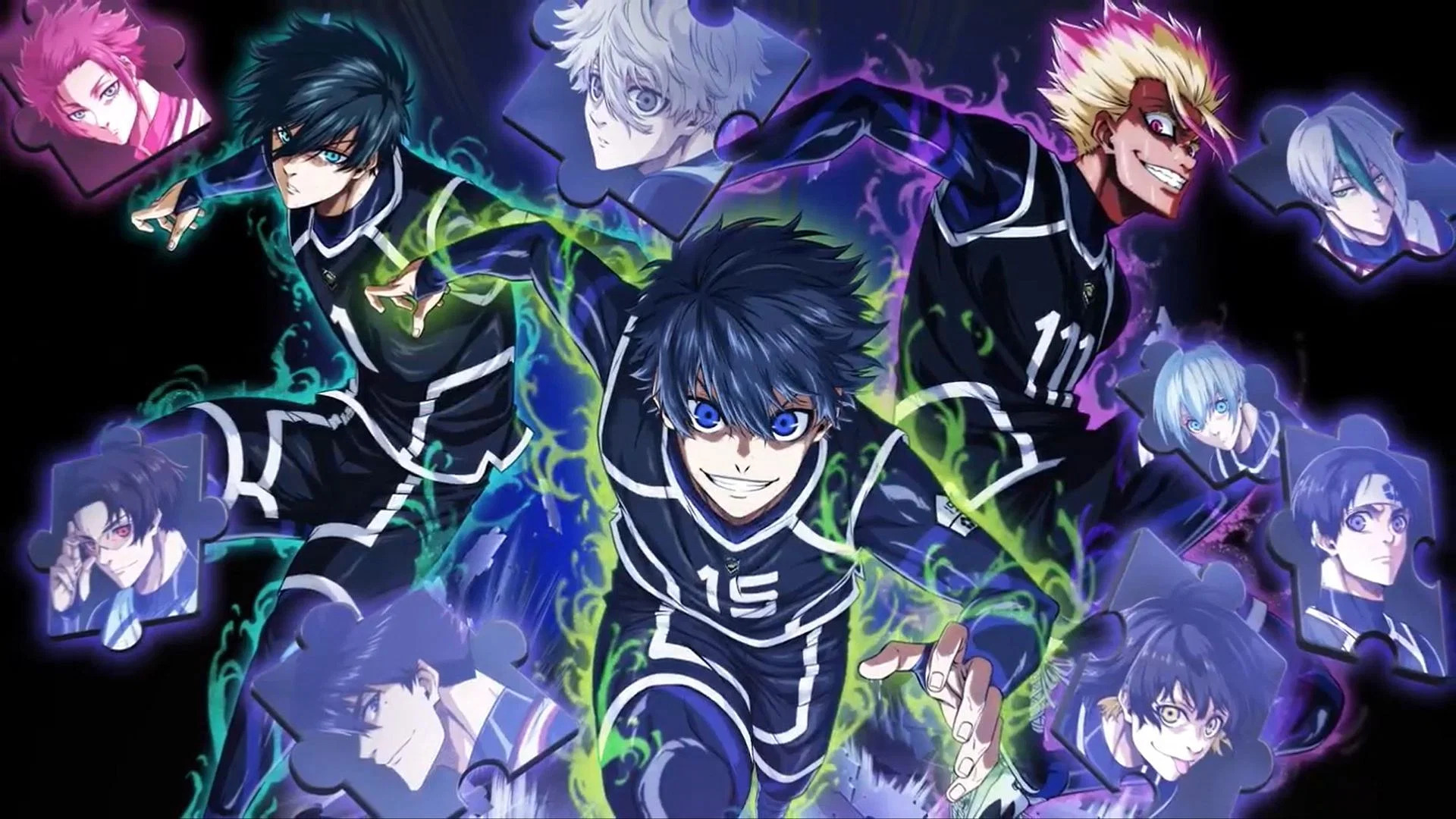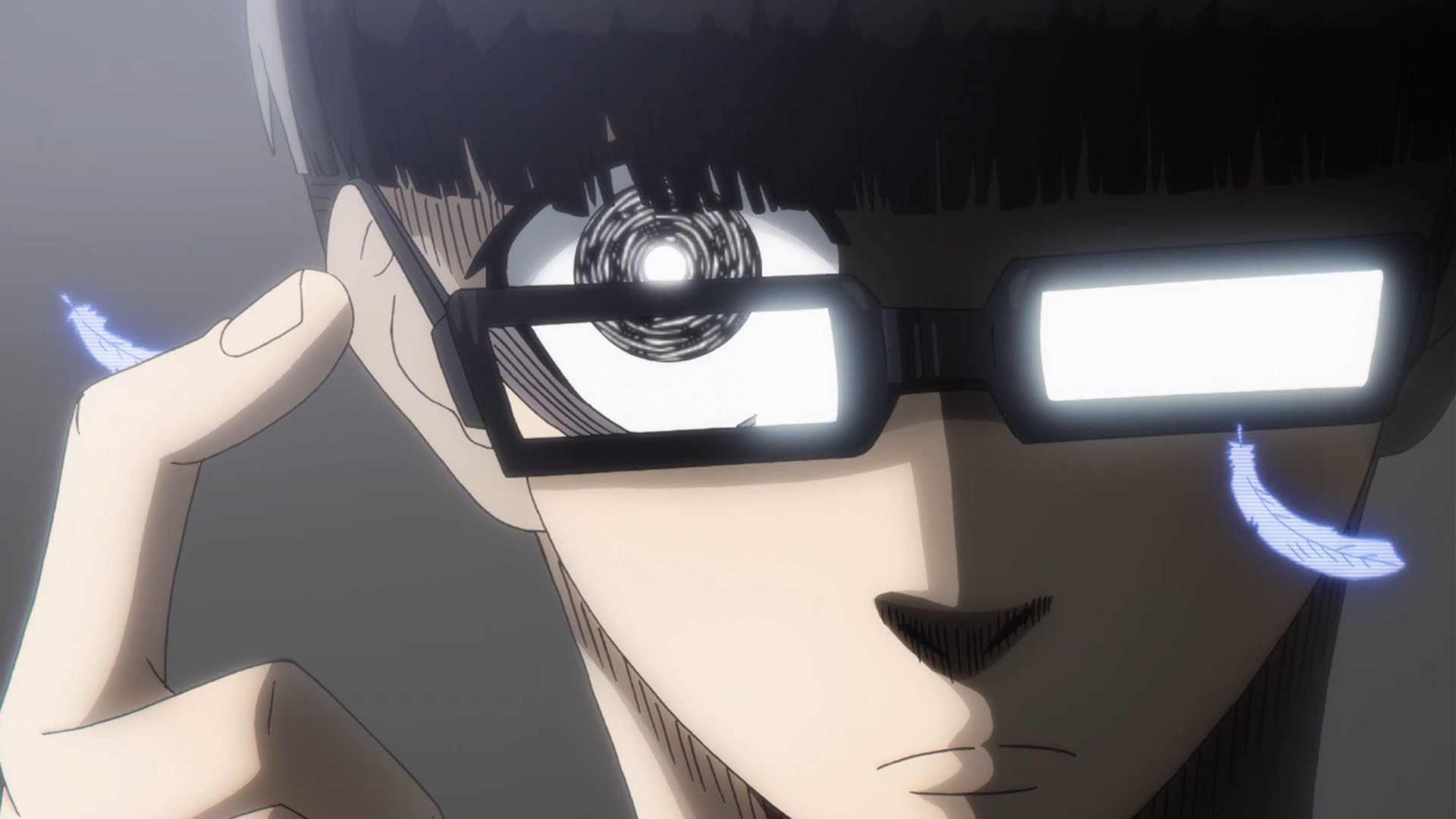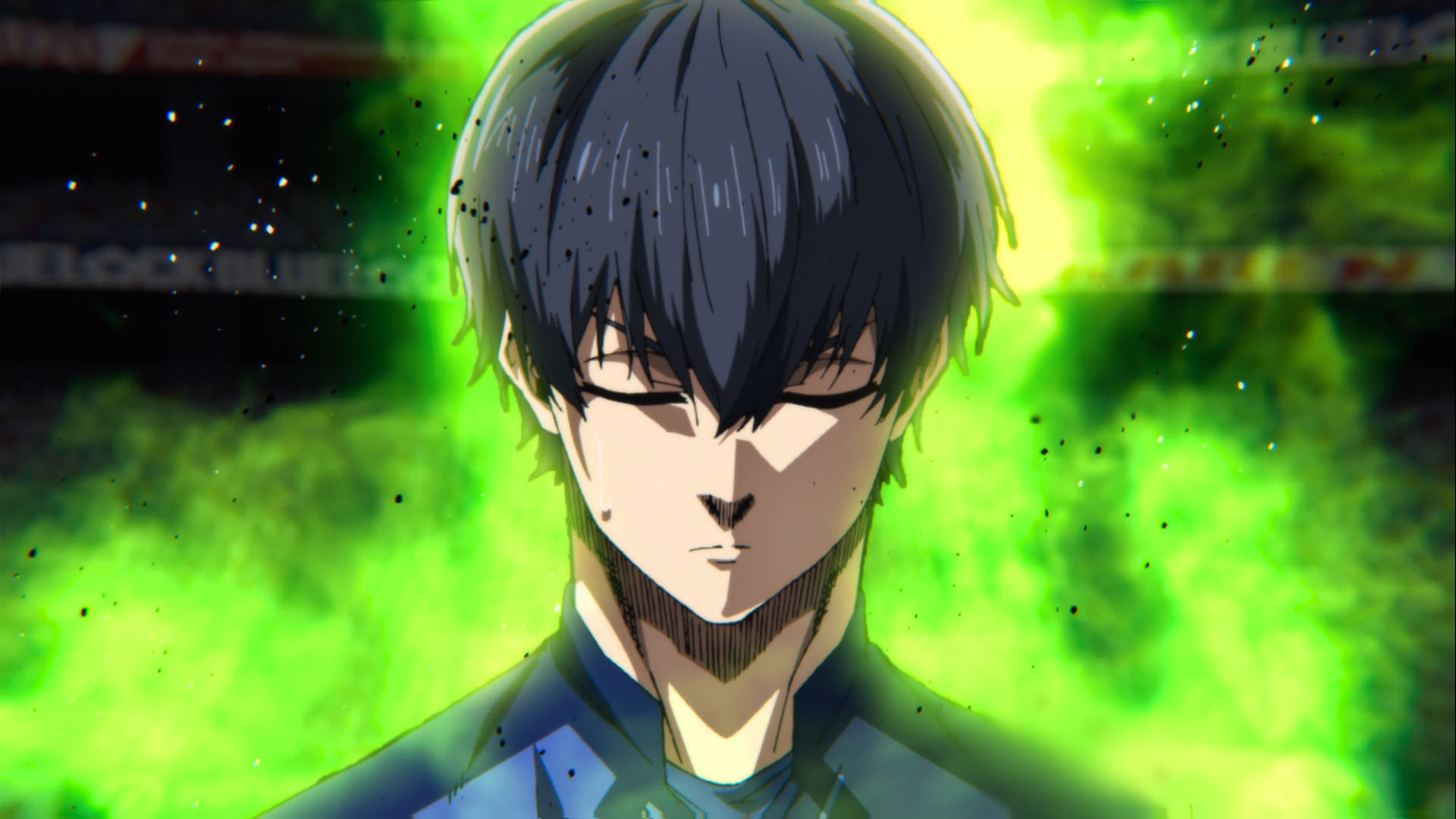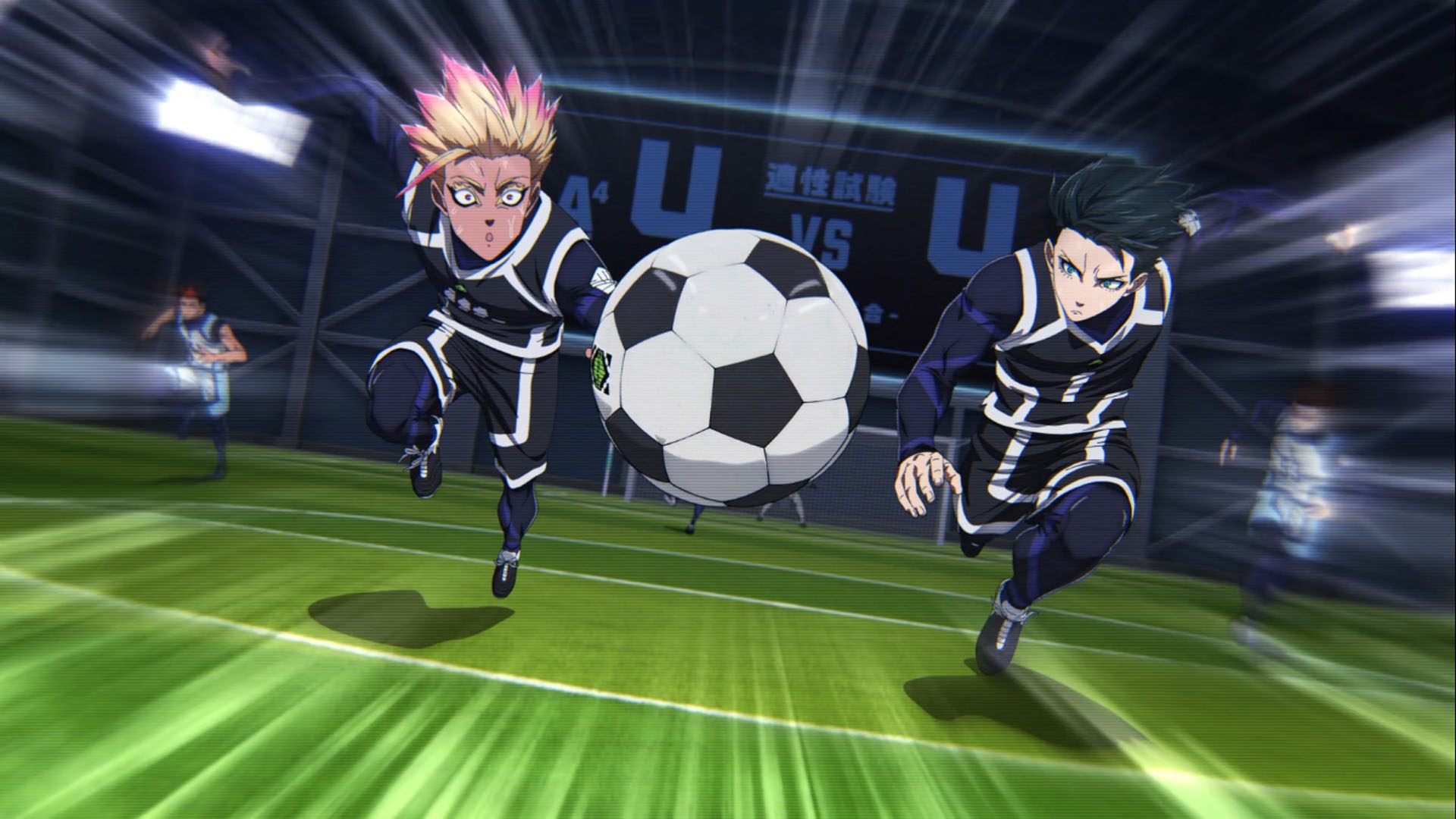Ego in Blue Lock is one of the most said phrases in the show. But what exactly does the ego of a player mean?

In Blue Lock, ego is not simply being full of yourself. It is what drives the players to be the very best. The premise of the anime is about a grueling soccer program in search of Japan’s new ace striker. While most sports stories revolve around teamwork, Blue Lock urges players to get selfish and, as such, be able to shine.
But what is ego, exactly, in this series, and why is it so critical? Let’s explore how ego shapes the players, sparks rivalries, and forces them to find a balance between personal success and teamwork.
What Ego Means in Blue Lock

In Blue Lock, ego means having total confidence in yourself and aiming to be the best. It’s not just about believing in your skills but also about standing out and refusing to blend in. The program’s coordinator, Jinpachi Ego, believes a great striker has to be selfish to reach their full potential.
This idea is different from the usual way people think about soccer, which focuses on teamwork. In Blue Lock, players are pushed to be fearless, take big risks, and focus on themselves. The program’s motto, “Ego is everything,” shows this mindset. Players must embrace their strengths and fight for the top spot, knowing that any hesitation could lead to elimination.
Jinpachi Ego constantly reminds the players that only those with a strong sense of self-worth and determination will make it to the top. His philosophy is kind of that teamwork only works if everyone knows what they are doing and that the players have to play well so that everyone thinks they are the best. This method creates a highly competitive situation where every player must evolve or be left behind.
How Ego Helps Players Grow?

Ego is a big part of how players improve in Blue Lock. The program constantly pushes them to make their egos stronger, face their weaknesses, and become better. Players with weak egos get left behind, while those who fully embrace their egos rise to the top.
Take Yoichi Isagi, for example. At first, he does not have a strong ego. He plays as part of a team and holds back instead of taking charge. But as he moves forward in Blue Lock, he learns to trust himself and take bold actions. He gets better by building his ego, which helps him make smart plays and lead the game.
Other players like Rin Itoshi and Shoei Barou already have strong egos. They have an unwavering self-belief and would not settle for anything less than victory. The belief they have in their own abilities helps force excellence from them. That ego, channeled in the right way, enables them to break through restrictions and conquer the field.
As the series unfolds, we learn that ego is not merely about self-confidence but rather self-improvement. Players who cling to their past achievements without adapting are left behind. Those who evolve their ego, using it to sharpen their skills and read the game better, are the ones who survive in Blue Lock.
When Egos Collide

What is most exciting in Blue Lock is seeing the egos of players clash. Because everyone wants to be the best striker, there are always fights (on the pitch). These battles are not only physical but also mental as players attempt to shatter each other’s confidence.
The rivalry between Isagi and Barou shows two different kinds of egos. Barou is aggressive and takes control without hesitation, while Isagi is strategic and adapts to situations. Their clashes help both of them grow. The cold, ruthless ego of Rin, however, keeps challenging Isagi, pushing him to give his best. These battles are not so much about winning as they are about proving the strengths of ego. Each player’s individual ego introduces new dynamics that make the game feel different each time, and there is no way to predict what will happen in the next match.
The series also shows how the clash of egos can happen in unpredictable ways. Some players, such as Meguru Bachira, think on instinct and creativity, which often causes conflict with other structured players. These differences force everyone to refine their style and prove that their ego-driven approach is superior.
Ego vs. Teamwork

While Blue Lock ultimately is about individual skill, it does examine the balance of ego and teamwork. Soccer remains a team sport, and no one can do it all alone. The series shows that players must learn to use their ego in ways that help the team without losing their own identity.
Isagi’s growth shows this balance. As he grows, he understands that ego is not only about being selfish and can also be applied to lead. He plays with the assumption that he will make the right choice on the field when he trusts his instincts and does so in a way that helps his team while still being himself. His ability to read the game proves that ego and teamwork can work together.
On the other hand, Barou struggles with this balance. His ego is too big to let him collaborate with others, which means he can be an issue to work with. His journey is proof that even the most talented players must learn how to work with other people.
This theme extends beyond just Isagi and Barou. A central idea of Blue Lock is that many of its players begin as lone wolves who quickly learn that working as part of a team, while also centering their own strengths, is the only route to winning. The series highlights that the strongest teams are not made up of selfless players but rather individuals who know how to use their egos effectively within a group.
The Struggle To Accept Ego

Embracing one’s ego in Blue Lock is not as easy as it might seem. For one, many players contend with self-doubt, fear of failure, and pressure to justify their talent. The program challenges them to confront these issues directly, both mentally and physically.
For Isagi, accepting his ego is a long journey, with setbacks and doubts. He also asks himself if he is good enough, but with every challenge, he gets stronger. His story demonstrates that having a strong ego is not so much about confidence but about how you do not quit and how you learn from your failures.
Other players, like Bachira, face different struggles. His ego comes from his love for soccer and his creative way of playing, yet he feels like he does not belong. His character arc is about being true to himself while still working under the mix of the harsh, competitive environment of Blue Lock.
Blue Lock players do not need their coaches to tell them who they are in the character sense. They are almost always intentional about their image, at least at first. Some crumble, others soar under the pressure. This proves that the ability to embrace and refine one’s ego is the true test of a player’s potential.
Conclusion
In Blue Lock, ego is not merely a personality trait but what makes a player succeed or be efficient on the pitch. The series sweeps away the usual notion of teamwork, making it clear that ambition and self-belief are just as essential. With characters like Isagi, Rin, and Barou, Blue Lock talks about how ego propels players, builds rivalries, and complicates teamwork.
The battle to embrace ego is what makes Blue Lock so exciting. Whether through heated match-ups, cunning tactics, or self-improvement, the series showcases that in a world where only the top people remain the victors, ego is not only significant but the most important thing. Individually, the journeys of each player demonstrate that soccer is not merely about talent but about the mind, where those with the strongest ego will prevail.
Looking For More?
Thank you for reading the article. We provide the latest news and create guides for Baldur’s Gate 3, Starfield, ARK Survival Ascended, and more. Also, watch Deltia play games on Twitch or visit his YouTube channel!
 Reddit
Reddit
 Email
Email